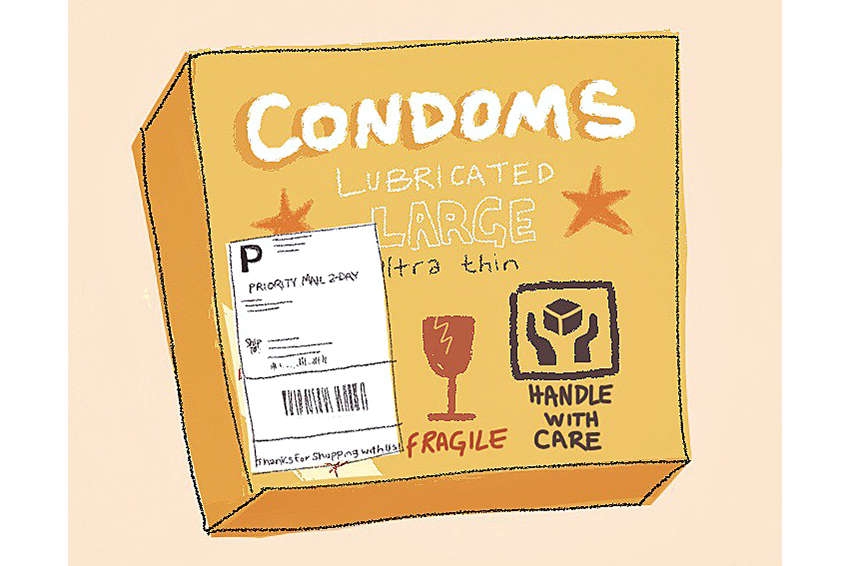STDs rates are rising nationally — learn how to play it safe on campus
October 6, 2022
Data received by the Associated Press stated that the rate of US syphilis cases in 2021 reached its highest since 1991. According to the September report, the continuous uptick in STD and STI cases led experts to request a proposal for $500 million to contribute to STD clinics for greater testing capabilities.
“(Getting tested) should be part of your hookup or dating routine. Like, ‘I want to do sexy things with you, let’s go get tested!’ And, in the meantime, use dental dams and condoms,” said Emily Cheshire Brown, an educational psychology professor and human sexuality expert. “The more we get tested and the more we talk about these things, the lower the stigma eventually is going to be.”
When people get tired of following best practices for safe sex, such as getting tested or using condoms, and begin to avoid doing so, it contributes to a phenomenon called ‘condom fatigue,’ Cheshire Brown said.
“If you know that you have to wear a condom every single time for the rest of your life, you might cognitively be over it, and you might just say, ‘Whatever, I’m willing to take a chance,’” Cheshire Brown said. “Consequently, folks at the CDC see an uptick in infections.”
Mathematics junior Ari Lenahan said they contracted chlamydia after engaging in sexual relations with a partner who lied about their sexual health.
“Pretty much everybody else is gonna go out and have sex at least one point in their lives,” Lenahan said. “I just think that it’s only fair to the people that you want to engage with that you’re open, honest and truthful with them.”
After their experience, Lenahan said they regularly get tested in between partners to stay safe.
“I would much rather someone say, ‘Hey, we can’t have sex’ … than accidentally get something and then … be on medication or have to worry about side effects,” Lenahan said.
To stay safe on campus, The Daily Texan compiled the following guide for safe sex resources:
Planned Parenthood
Planned Parenthood offers a variety of tests for STDs and STIs, such as chlamydia, HIV, herpes and gonorrhea. The center also provides STD prevention resources like condoms and dental dams.
The closest location to the University can be found at 2911 Medical Arts St. and is open from 9 a.m. to 5 p.m. Monday through Tuesday and Thursday through Friday, and 11 a.m. to 7 p.m. Wednesdays. Individuals can schedule appointments at any time online.
Payment through Planned Parenthood depends on individual insurance coverage.
Gender and Sexuality Center
The Gender and Sexuality Center provides free walk-in HIV testing in collaboration with The Q Austin at the William C. Powers, Jr. Student Activity Center. Anyone interested in receiving testing can go to a walk-in appointment, according to the center’s schedule.
University Health Services
For a convenient and cost-effective choice, students and faculty can get tested for STDs and STIs at University Health Services for a $10 base rate, with potential additional charges. Individuals with and without insurance can still receive services. The center also offers additional resources for sex health paraphernalia and a list of other off-campus testing sites.



